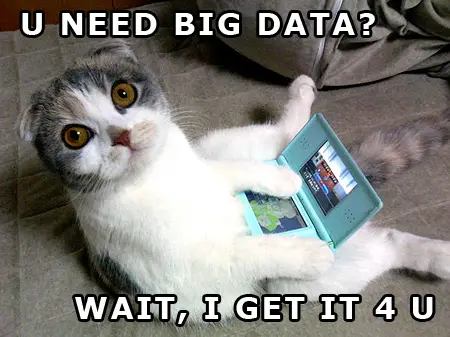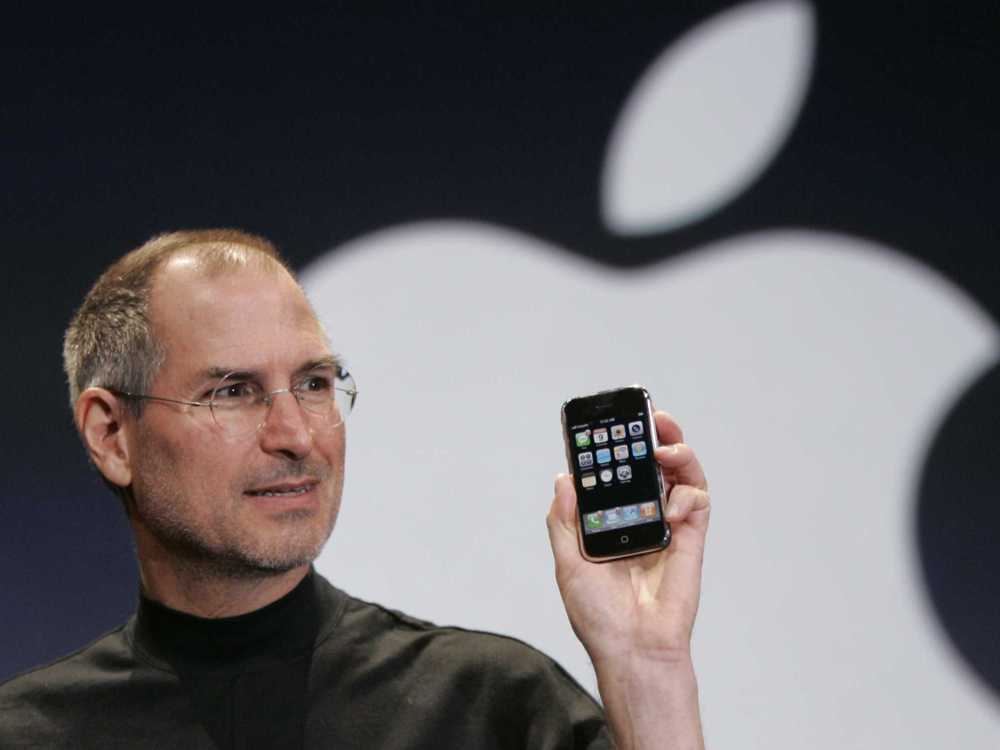
The Music Industry Has Been Collecting Data on You for Years. Here’s What They Want.
From the moment we first signed online, we’ve all been leaving a trail of digital smog behind us. Corporations and advertisers realize that there’s plenty of gold in that data and are constantly mining it (ergo us) for information on our habits and behaviours. That includes the music industry. What do they want? What are they interested in?
One thing they’ve learned is that people between the ages of 18-34 don’t listen to songs all the way through, a side effect of the skipability of songs with streaming services. If they don’t get constant shots of dopamine, they tend to lose interest. This has the potential consequence of changing the way songs are written and produced. Shorter intros. Starting with the chorus. A greater emphasis on multiple hooks within a single song. Basically, anything to attract their attention and keep it.
But there’s more This is from Synchblog.
Data is the new oil.” One of the key points media futurist Gerd Leonhard would underscore as our society started undergoing the transition from ownership to access models in the 2000s. While the concept was initially met with skepticism, music companies now understand the value in data and collect it en masse.
A look at some of the most popular data types through the years and how that data is being used.
Piracy and the IP address
In the early 2000s, the music business was trying its best to keep control of their product while figuring out what to do next. According to Doug Morris, who was CEO of Universal Music Group at that time, it was a “misconception” that labels were caught unaware by the digital revolution, adding that: “they just didn’t know what to do.”
What some chose to do, was to go after file-sharers in an effort to scare people away from unlicensed peer-to-peer services and torrent networks. The way these services worked (and still do) is that when you download files you’re connected to ‘peers’ who can then read your IP address unless you’ve made efforts to protect yourself.
[…]
Credit card info
In order to make online music consumption more convenient, it was necessary to reduce a lot of the friction around music. Apple’s iTunes first reduced friction by making transactions around digital music much less painful by saving credit card information and removing a few of the steps previously required to acquire music legally. Spotify further simplified that process by reducing it to one monthly payment.
[…]
Social data & taste profiles
Then came the algorithms. For many, Last.fm was the first instance in which they saw how algorithms can track data in order to make predictions about taste. Last.fm happened in the Myspace era, with Facebook later figuring out how to monetize such taste profiles by launching an ad service that, at launch, already seemed promising, even in the eyes of Google’s much larger ad network.
Intrigued? Put on your tinfoil hat and keep reading.



